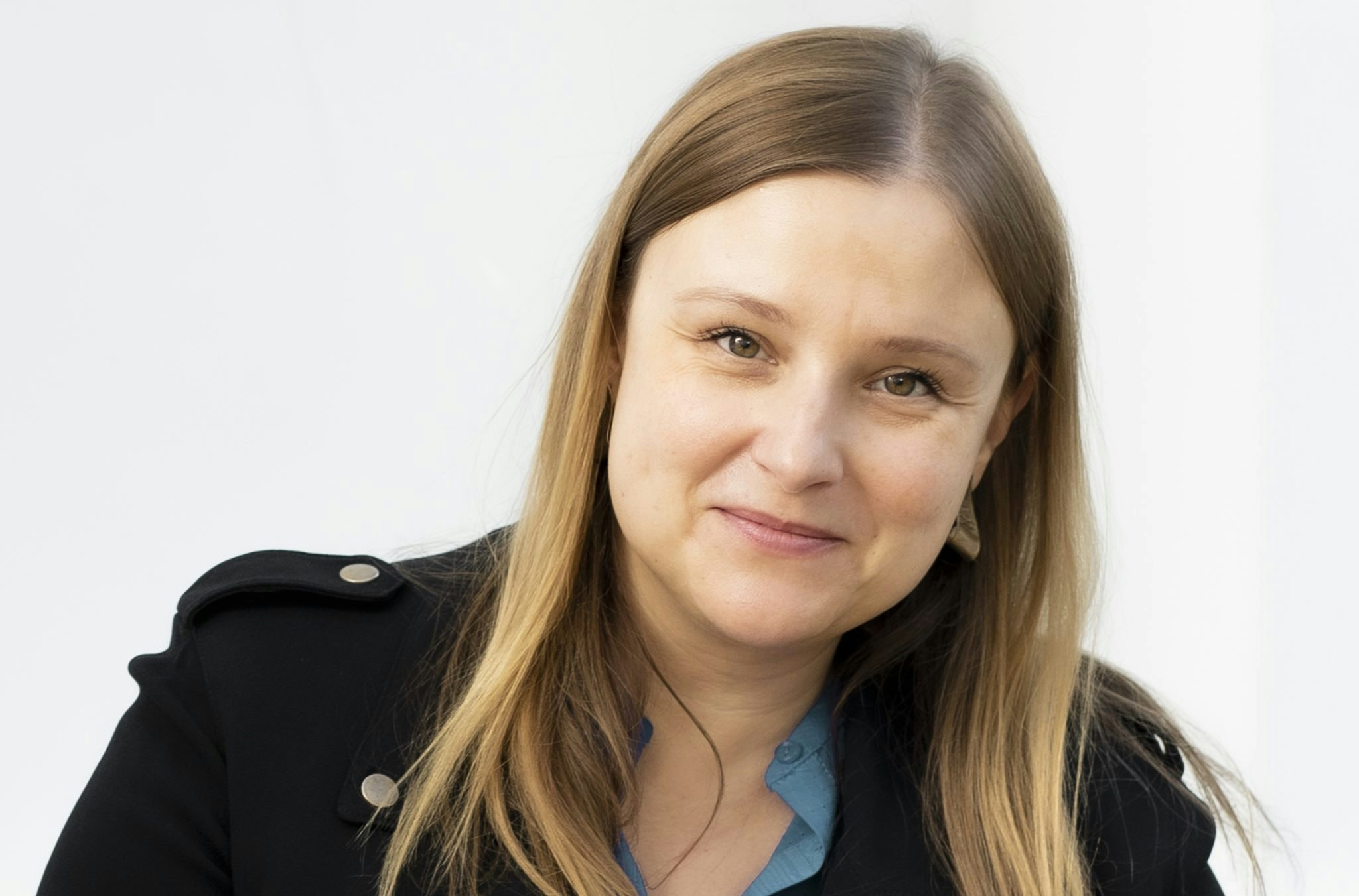When US VC Sequoia opened an office in London in 2020, it attracted a whole lot of attention.
But one aspect of its new outpost flew under the radar: the fact that every single member of the investment team — regardless of experience — was a partner.
In Europe, "partner" is generally a title given to investors who’ve climbed the ranks at a VC for several years, brought a lot of deals to the firm and made a solid return on investment for its LPs.
Sequoia threw out those rules — and now the trend is spreading.
The VCs where everyone is a partner
Index Ventures, one of the largest VCs in Europe, with headquarters in London and San Francisco, has also increasingly given its entire investment team the partner title.
Sequoia and fellow US VC Lightspeed, which opened a European office in 2019, have partners with vastly different levels of experience. Some partners at Sequoia have spent less than a year investing, while others, like Luciana Lixandru, have been working in VC for more than 12 years.
12 investors at Index have the title "partner" — but, according to a source at another VC firm, not all actually have a seat on the investment committee or on the firm's board. Some moved across from other firms where they had more junior titles to become partners at Index.
“We chose our current titles to reflect the reality that investors at Index have the trust of the partnership to identify themes, develop domain expertise, build relationships with entrepreneurs, bring investments to the investment committee, and represent the firm well in every interaction, including board meetings,” Index says.
It certainly helps with hiring, one investor tells Sifted. “I've heard of people going across to other firms because they become partners, but no one else in the industry is fooled by that. It's not that you become a partner — you’ve just come to a firm where everyone is a partner.”
The old-school VCs
Most of the top-tier VCs in Europe are sticking to the old-fashioned titles — partner, principal and associate. Generally, principals lead due diligence efforts and deal negotiations, while associates support principals on that while also conducting research, analysing data and helping to manage relationships with entrepreneurs. Some firms have added some new (and some obscure) titles: VP, investor and investment manager.
Atomico, Northzone, Balderton, Creandum, EQT Ventures, Dawn Capital and Speedinvest are in this camp. Josh Bell, cofounder and general partner at Dawn Capital, thinks a partnership should be earned. He says it takes on average five years at the firm to become one.
“To become a partner, they need to have done some great deals that returned cash for our investors and contributed to the whole life and nature of the firm,” he says.
I've heard of people going across to other firms because they become partners, but no one else in the industry is fooled by that
“We're very clear that we compensate people all the way along, but the title partner we want to keep special. Maybe one in three or one in four people joining Dawn will eventually become partner, based on performance.”
Not all of these firms think people with the title need to have years of experience investing, however. Speedinvest has partners without any VC experience, says Oliver Holle, CEO and managing partner of the Austrian firm — because they make up for it with operational expertise.
“All of our partners have multiple years of experience, either as VC investors or as successful operators-turned-VCs,” Holle says.
“We recently offered partner titles to very successful operators/founders without any traditional VC experience, other than a few years of angel investing, and this has worked out very well for us.”
The founder perspective
This murkiness around job titles can be a pain for founders. Startups looking for funding are keen to speak directly to VC partners, and not waste time talking to people who don’t have decision-making power.
“If you need to fundraise urgently and are focused on landing money in the bank, then you clearly want to talk to partners, real decision-makers, as early as possible,” says John Kristensen, cofounder of edtech startup Astrid Education.
VCs have wasted their time for way too long and the partner thing is again to trick them
Kristensen has experience from working in investment companies — and is perhaps more aware than most early-stage founders of the importance of doing checkups on investors.
“I sometimes speak to younger founders who are really proud that they have received an email from a partner, but in the end, that signal will weigh very differently depending on the specific VC or if it is only a partner on paper,” Kristensen says.
“We put in a lot of time to really get to know the VCs and investors on a deeper level. In the end, it may be the associates and the principals you will do the day-to-day work with. Therefore it’s more than just building institutional relationships but personal ones.”
So, should founders be less picky about who they speak to?
“I really don't think the founders are to blame,” one European VC tells Sifted. “VCs have wasted their time for way too long and the partner thing is again to trick them. I think it's on us to stick to proper hierarchy. And yes, titles have a meaning — a principal, for example, is on track to become partner, and this should be crystal clear to founders.”


